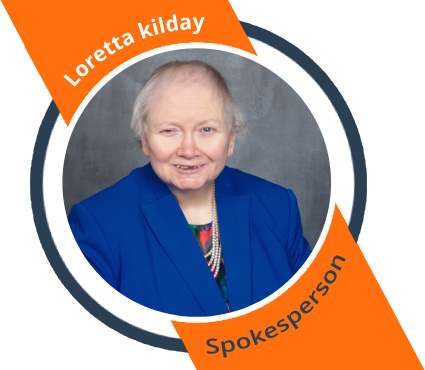If you're overburdened with debt in New Jersey, you should start exploring your options before it gets too late. You should consider choosing New Jersey debt consolidation or settlement to pay your bills and get your finances back on track.
How does New Jersey debt consolidation help you?
Debt consolidation in New Jersey can help you get rid of your bills in 2 ways. You can either choose a consolidation program or get a consolidation loan to pay off your bills. Based on your financial situation, you can choose either option and repay your outstanding bills with affordable monthly payments.
New Jersey consolidation loan:
If you want to get rid of bills faster, you should consider taking out a New Jersey debt consolidation loan at a low interest rate. With the loan, you can repay your bills and get your creditors off your back. However, you won't be completely debt-free until you pay off the consolidation loan. You are also required to have good credit score to qualify for a loan at a favorable interest rate.New Jersey consolidation program:
If you want to get rid of your bills completely, enrolling in a consolidation program in NJ might be better than a consolidation loan. In a New Jersey debt consolidation program, you can combine all your bills into an easy monthly payment and avoid dealing with multiple creditors.New Jersey debt settlement - Can it help you pay off your bills?
If you are having difficulty making even the minimum payments each month, debt consolidation in NJ is not the right option for you. New Jersey debt settlement program can help you in such a situation by reducing the outstanding principal balance.
In a settlement program, you are required to make small payments to a New Jersey settlement company/law firm. Once you have deposited enough money into the trust account held by them, they will settle your bills with your creditors for less than what you owe. Learn more

Avg credit card debt: $5,911
Delinquency rate on (credit card): 1.47%
Mortgage debt: $235,178
Delinquency rate on (Mortgage): 4.57%
Auto loan debt: $15,439
Delinquency rate on (Auto loan): 0.88%
Unsecured personal loan debt: $12,917
Delinquency rate on
(Unsecured personal loan): 2.17%
New Jersey debt consolidation - What should you avoid?
When you consolidate your bills into a single payment, try to avoid the following steps:
New Jersey hard-money loan:
When you are experiencing financial difficulties, you've already missed several payments, and hurt your credit scores. So, a hard money lender might be able to offer you a debt consolidation loan in NJ. The interest rate on these types of loans can be as high as 20% or more, which will make your financial situation worse.New Jersey balance transfer:
There are New Jersey credit card (cc) companies that may offer low interest balance transfer cards. But the low rates last for only a few months. Once the introductory period is over, the interest rate on the card will increase. Then, you will have to switch to a different credit card. If you switch cards frequently, it shows up on your credit report and lenders will consider you a risky borrower and start to refuse your applications for new credit.What are the reasons to choose New Jersey debt settlement?
Below are some of the reasons why you should go for New Jersey debt settlement:
You pay only a part of what you owe
You don't have to deal with collection calls
Fees and charges are reduced/eliminated
If you are not sure which option to choose, you can get a free consultation with a professional debt relief company in New Jersey. A consultant at the company will help you choose the most suitable option to get rid of your bills.
New Jersey consolidation program -
Is it the right option for you?
Consolidation is definitely an effective way to pay off your bills. However, you need to analyze your situation thoroughly before you enroll in a program or take out a loan, so you know if a New Jersey consolidation program is right for you.
It is important to find the cause of your financial problems. Ask yourself: "Am I in financial trouble because of high interest rates?" or, "Is it because of my inability to manage multiple bills?" If you think you can afford the payments if interest rates are lowered or you think managing a single account may be easier, a consolidation program may be the right option for you. Check out the 8 benefits of consolidation.
How much
you can save
in New Jersey
FAQ on New Jersey debt consolidation and settlement
In order to avoid a lien in New Jersey, you should enroll with a debt consolidation company in New JerseyJ and repay your bills with a single payment each month. If you cannot afford to get professional help, you can try a do-it-yourself consolidation plan and reduce your interest rates through negotiations. Learn more...
Closing your credit card might drop your credit score a bit since it can affect your credit utilization ratio. Closing a credit card, especially with a high credit limit, may increase your credit utilization ratio when you swipe your cards. So, it can reduce your score a bit.
And, your Amex Gold Card can help you earn good rewards too. So, it is always better if you can manage your cards properly and incur no debt. That is, keep the cards open, do not swipe your cards for more than 25% to 30% of your credit limit and repay the balance at every billing cycle; doing so, you don’t have to opt for debt relief in New Jersey ever, and you can enjoy your good credit score.





